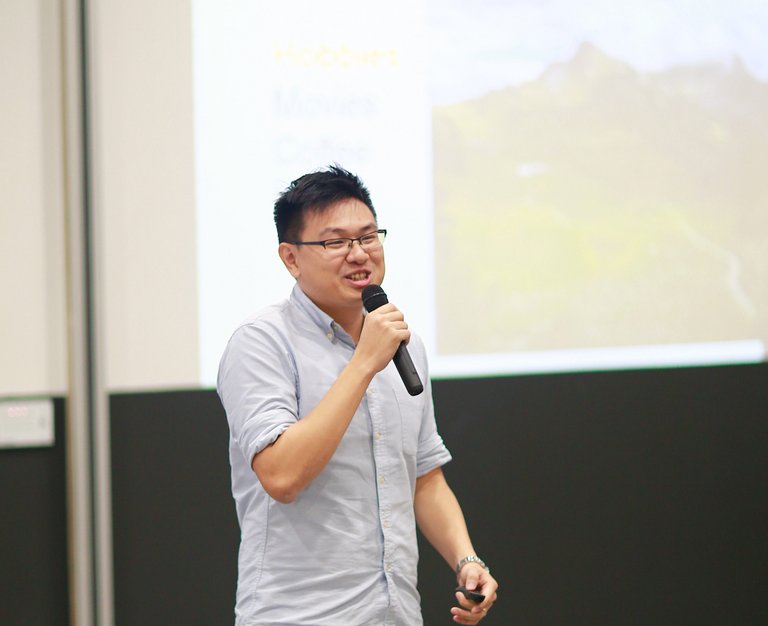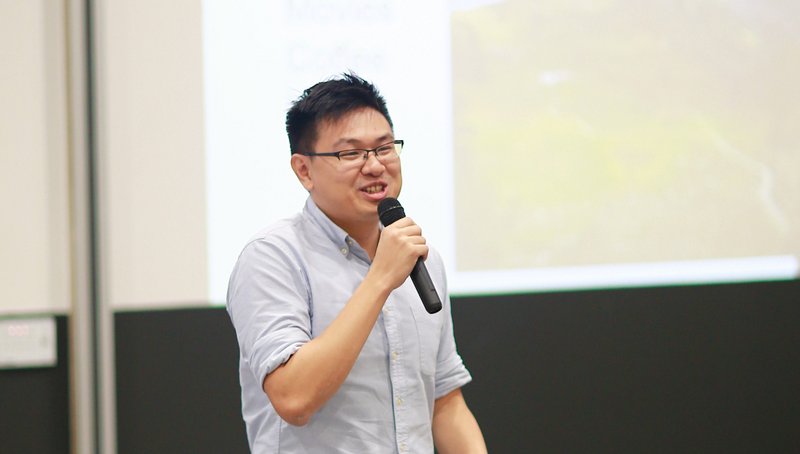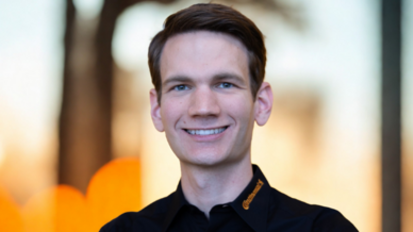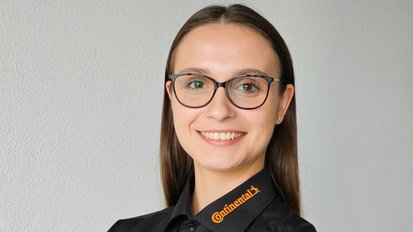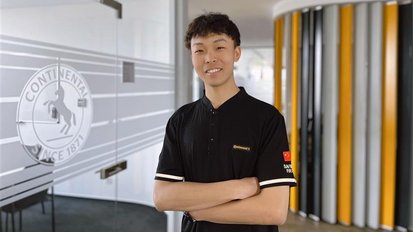How David Professionalized his Passion
Hi, my name is David Seah. This blog describes my journey as an intern to my current Senior Software Engineer position. In addition, I aim to share some valuable learnings from my 4 years at Continental.
To begin, I started my career as a Producer in a startup company developing iPhone applications. It was a time, where Apple has just launched iTunes application store so you can probably imagine the exciting times for everyone involved in this industry.
Due to the lack of programmers in the company, I learned to script and help the team in developing apps. Through producing those awesome applications, I fell in love with the possibility to create products that spread far beyond my imagination.
My experience in the startup coupled with my love for visual arts. I decided to study computer science to professionalise my passion. I then obtained my major in Computer Graphics and joined the Graphics team in Continental Automotive Singapore as an Intern.
As an Intern, I was tasked to improve a resource expert tool which is inefficient and is used by many engineers. I was very motivated to improve this tool because I know this will contribute greatly to the company’s productivity. I then successfully improved the speed of the tool by 50% which gave me a great sense of accomplishment.
Shortly after, Continental offers me an opportunity to join as a full-time employee. One of the biggest factors that made me decide to join Continental full-time was the people that made work fun. Instead of dreading to wake up in the morning and worrying about doing the same mundane things, I looked forward to going to work every day.
To keep 4 years of learnings short, here is a list of the important takeaways:
- Knowledge Compounds. Knowledge deepens with the accumulation of new information which synthesized continuously over time. I realized that this was only possible with consistent learning, and a “don’t stop” attitude. As engineers, our ages and qualifications are not the main ingredients to success. It’s our skills and attitudes that makes the difference.
- Experimenting is the fastest and easiest way to learn. Experimenting with different possibilities, running and observing a program provides me with immediate feedback. For example, to understand a system, I will learn through reviewing codes and testing because this allows me to study the codes with little impact on the actual codes.
- Ask questions. You should feel free to ask questions. Colleagues and friends here are generally happy to help. If situation doesn’t permits me to ask question, example in a meeting, I will always write down my questions and ask my teammate later.
- Teach others. You do not have to know everything to teach. Teaching allows me to learn at a faster rate because teaching exposed me to questions I’ve never asked myself. Also as I try to explain, I need to revisit the fundamentals. Teaching helps reinforce my confidence on a topic.
- Pick a skill and master it. The market rewards specialists. It is okay to be a jack of all trades but not okay to be a master of none. People respect the ability to know one’s limitations. It is completely fine to say “I don’t know about other stuff but when it comes to XYZ, I got your back.”.
Lastly, I will say “Get ready, it will be your turn before you know it”. My years in Continental, I have seen people come and leave for various reasons. There will always be a gap left whenever someone leaves and if you are ready, responsibility will be handed over to you. As the saying goes “For every door that closes, there is one that opens.”.
This article was written by our employee.
